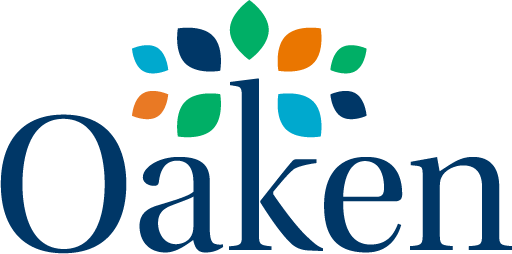When purchasing a new home, the final expenses incurred by the buyer to complete the transfer of ownership are referred to as closing costs. While total closing costs vary by region, many are common across all markets.
Mortgage lenders require new buyers to demonstrate their capacity to manage these expenses when assessing overall ability to service the mortgage, and typically require borrowers to set aside between 2% and 4% of the total purchase price to deal with the various closing costs. To help you understand what you can expect to pay and when, we’ll break down these expenses into costs due when making an offer, costs due prior to closing, and costs due at closing.
Costs when making the offer
When making an offer on a new home, you'll be required to include a deposit to demonstrate your commitment to the offer. Rules for these deposits, including when the deposit is required, differ by province. In Ontario, for example, you must include a deposit within 24 hours after your offer is accepted by the seller. Other jurisdictions require the deposit to be included with the offer.
To protect your deposit until the transaction is complete, the deposit is held in trust by the realtor’s brokerage. And because it is held in trust, this means the funds are insured. So even if the brokerage ceases operations, your deposit will be returned to you.
When it comes to the amount to include in the offer, there are no set rules. But in cases where the seller might be entertaining multiple offers, a higher deposit amount may help swing the deal to your favour. If you’re in doubt as to how much you should include in your deposit, your real estate agent can provide guidance.
You also need to be clear on the rules governing the return of deposits for your province. If your offer is accepted but the deal falls through, you could be forced to forfeit your deposit, depending on the reason behind the deal’s collapse. Again, your real estate agent can explain the rules for your province, and ensure that you include the appropriate clauses in your offer that will protect your deposit should the deal fail to go through.
Costs prior to closing
Typical expenses prior to closing include the cost to conduct an appraisal of the property, as well as an inspection of the property. Your lender will likely require an appraisal of the property you're considering before offering you the financing. This appraisal will verify the value of the property, and provides the lender with an accurate valuation for the home. You can expect to pay anywhere from $300 to $500 for a professional appraisal.
Lenders will sometimes require prospective borrowers to also arrange for a home inspection, to ensure there are no costly repairs required that could force the buyer to fall behind on their mortgage payments. But even if that's not required, it's still a good idea to conduct a home inspection, and to include a condition in the purchase offer that provides you with an opportunity to cancel the transaction—and to receive a full refund of your deposit—based on the findings of the inspection. According to the Canadian Association of Home & Property Inspectors, the cost to inspect a typical single family home is around $500. Considering the size of your investment, this is a relatively small price to pay for the extra peace of mind that comes with a critical assessment of the property.
Costs due at closing
Land transfer tax - All provinces have some form of land transfer tax, as do some municipalities. The amount of the tax varies by jurisdiction, but payment of the land transfer tax is due at closing.
Adjustments - This refers to things such as utility bills, taxes and other expenses that the seller of the home may have already paid. You'll be required to repay the seller for any payments made by the seller that extend into the time that you take possession of the home. These expenses will be listed in a Statement of Adjustments.
Property insurance - If you have financed the purchase of the home, your lender will require you to arrange for sufficient property insurance to cover the replacement cost of the property, in the event of fire or other incident. Property insurance costs can vary significantly by location, and premiums are based on the value of the property.
Title insurance - Some lenders may also require you to carry title insurance for the property. Title insurance is designed to protect you from potential issues, including the existence of previous liens on the property that could prevent you from establishing clear ownership. Land survey and property record errors have also resulted in cases where ownership has been disputed. Title insurance typically costs between $150 and $300 for a one-time fee, and is based on the value of the property. You can learn more about title insurance from the Financial Services Commission of Ontario (FSCO).
Legal fees - Trying to save on legal fees by not hiring a lawyer who specializes in real estate could be a costly mistake. Very specific documents pertaining to the transaction must be completed and filed correctly to ensure the smooth closure of the sale as intended. You should set aside at least $500 for a very straightforward closing, but costs can rise quickly in the event of any complications requiring extra attention.
Provincial sales tax on mortgage default insurance - If you have less than 20% of the selling price to include as a down payment, your lender will require you to arrange mortgage default insurance. The Canada Mortgage and Housing Corporation (CMHC) is the most widely-used provider of mortgage insurance, and while your lender will pay the insurance premium on your behalf, the premium will be included in the cost of your mortgage. However, you will be responsible to pay the provincial sales tax on the cost of this insurance at closing.
This has covered some of the typical closing costs that come with the purchase of a new home, together with estimated costs where possible. There may well be additional expenses you could be required to pay, but this should serve as a good guide to understanding your overall closing costs.





 Saving strategies
Saving strategies
